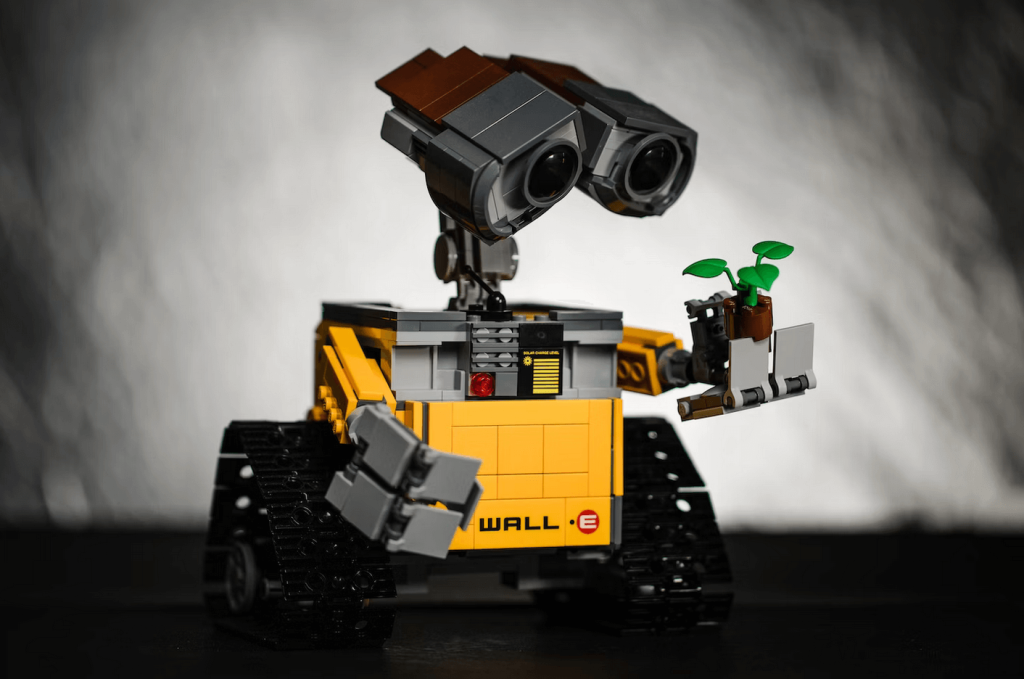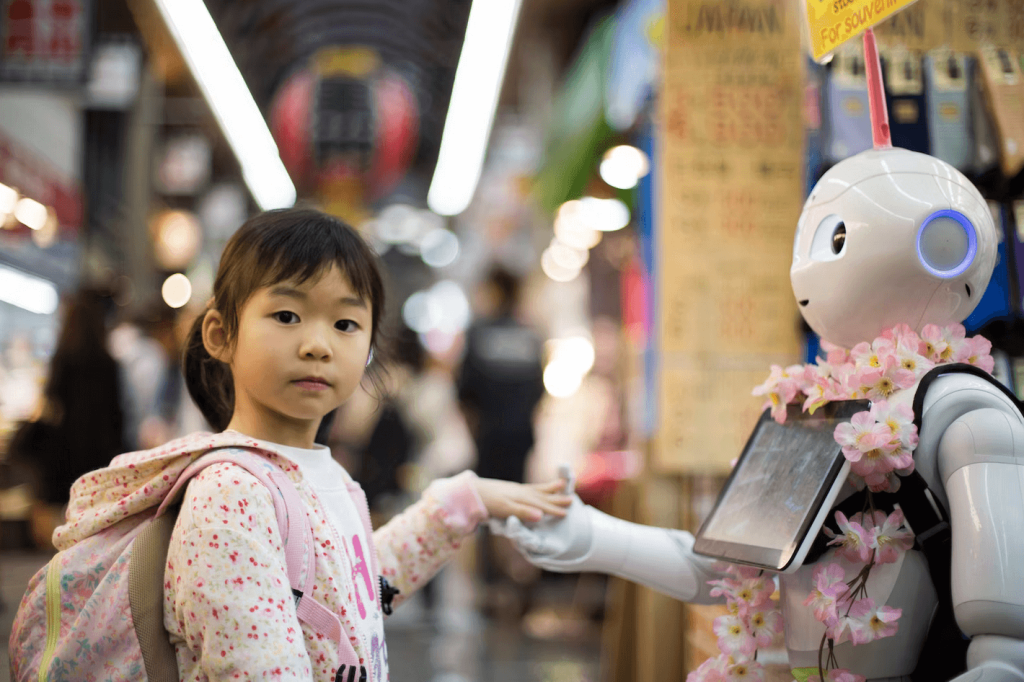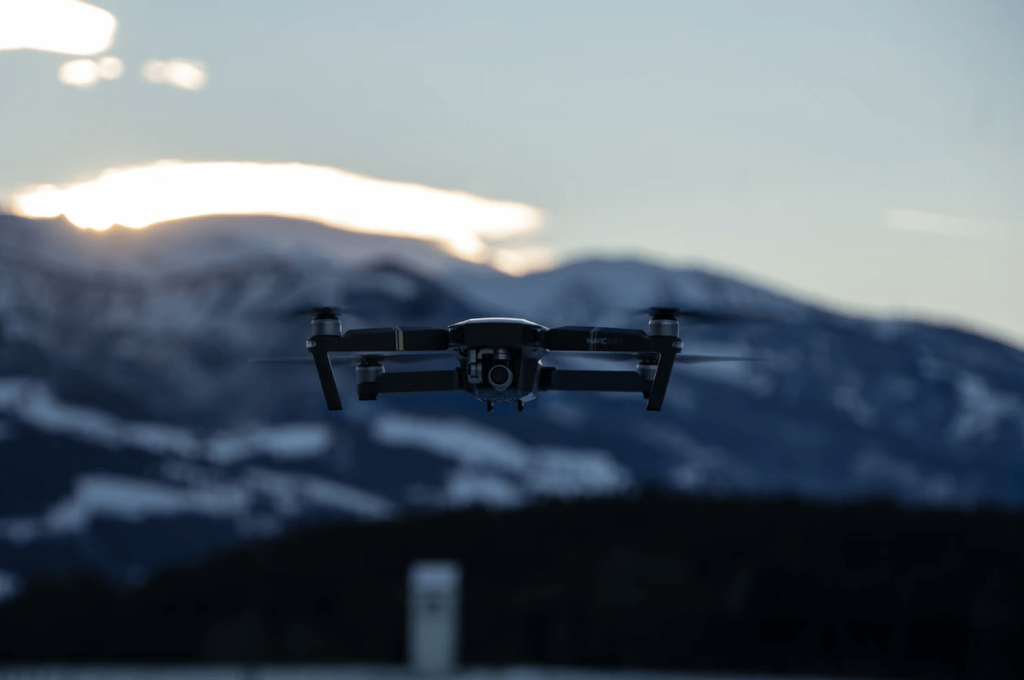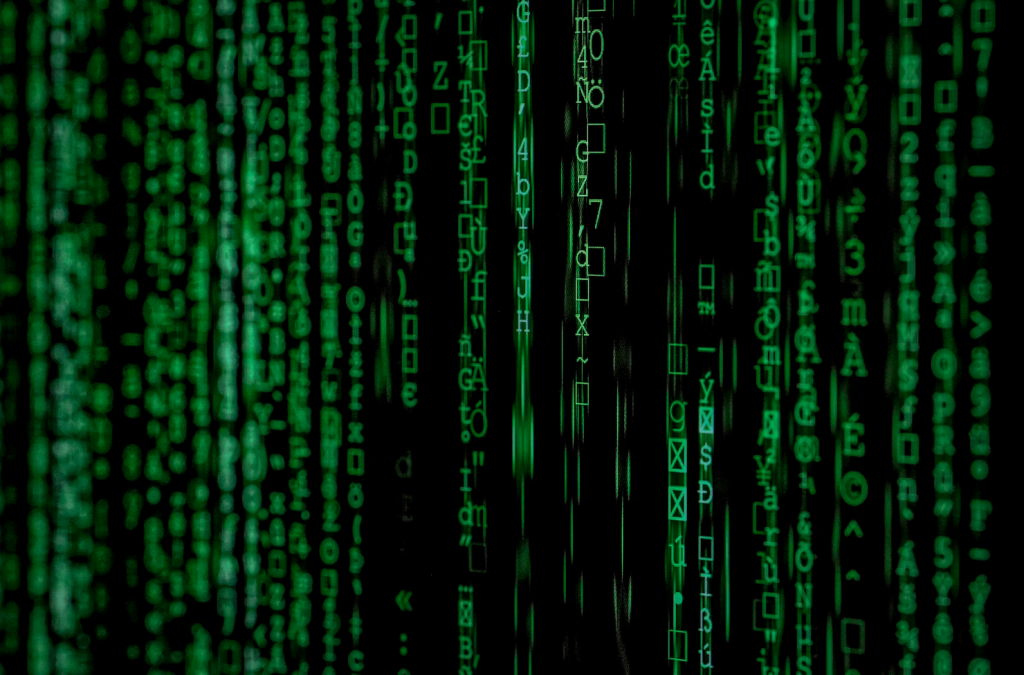
When it comes to AI, there is a looming fear grasping the general public over the safety of AI systems and how it’s being incorporated into our lives. Some find it equally concerning around who is developing it and for what purposes. Stephen Hawking famously said “I fear that AI may replace humans altogether. If people design computer viruses, someone will design AI that replicates itself. This will be a new form of life that will outperform humans”. In this article, we’ll take a closer look at some of the dangers associated with AI and how we can potentially manage and mitigate the risks.
The Ethical Dilemma
The Impact on Employment
One of the primary concerns associated with AI is its potential impact on employment. As AI continues to evolve, there is a fear that it may replace human workers, leading to job displacement and unemployment. With machines capable of performing tasks more efficiently and accurately, many traditional jobs could become obsolete. The recent tech layoffs are a prime example of this, and many customer service jobs have already been replaced by AI “voicebots”.

Bias and Discrimination
Another significant ethical concern revolves around bias and discrimination in AI algorithms. Since AI systems are trained using vast amounts of data, they can accidentally inherit biases that were present in the training data. This could lead to discriminatory outcomes in various areas, such as hiring practices, lending decisions, and criminal justice systems. Bing’s AI chatbot recently came under fire for being seemingly rude and vicious towards a user, after he was too persistent with his question.
The Threat of Autonomous Weapons
The Rise of Killer Robots
Terminator… maybe? Autonomous weapons powered by AI have garnered significant attention in recent years. These weapons, often referred to as “killer robots,” have the potential to make autonomous decisions to identify and eliminate targets without human intervention. The concern lies in the lack of human oversight and the potential for these weapons to act independently, maliciously, or in error. This could lead to catastrophic consequences. AI is already supposedly being tested with military-capable drones in the U.S. (https://www.theguardian.com/us-news/2023/jun/01/us-military-drone-ai-killed-operator-simulated-test).

Arms Race and Misuse
The proliferation of AI-powered weapons also raises concerns about an arms race and the potential for misuse. If countries or organizations gain access to advanced AI technology, there is a risk of using it for malicious purposes, causing global instability and increasing the potential for conflict. This is one of the reasons that a “ban” or limitation on AI is very difficult to achieve, since doing so could put other countries at an advantage to those who elect to ban it.
Privacy and Security Concerns
Data Breaches and Unauthorized Access
As AI relies on vast amounts of data to function effectively, the collection and storage of personal information becomes a major concern. With the increasing number of data breaches and unauthorized access to sensitive data, there is a risk of personal information falling into the wrong hands. This could result in identity theft, financial loss, and other detrimental consequences. How AI datasets and training data is stored is a very important factor for the companies who develop AI models, and any negligence here could pave the way for endless lawsuits!

Surveillance and Invasion of Privacy
AI-powered surveillance systems, although beneficial for enhancing public safety, also raise concerns about invasion of privacy. As facial recognition technology advances, individuals’ movements and actions can be monitored and tracked extensively, potentially leading to a dystopian surveillance state in many’s eyes.
Addressing the Dangers of AI
Whilst the dangers associated with AI are scary, there are practices and methods that developers of AI systems can use to mitigate the risks. This can help to ensure a safe and beneficial implementation of the technology, for both corporations and the general public.
Ethical Frameworks and Regulation
Developing robust ethical frameworks and regulations is crucial to guide the development and deployment of AI systems. No one likes regulations, but in extreme cases and with such a powerful technology, they are required in one form or another. Governments, organizations, and industry experts must collaborate to establish guidelines that prioritize human safety, fairness, and accountability.
The CEO of OpenAI, Sam Altman, has expressed his own concern and urged congress to take action in regulating AI.
“I think if this technology goes wrong, it can go quite wrong. And we want to be vocal about that,” he said. “We want to work with the government to prevent that from happening.”
Bias Mitigation and Transparency
Efforts should be made to address bias and discrimination in AI algorithms. This involves thorough evaluation of training data, ongoing monitoring, and transparency in the decision-making process of AI systems. By ensuring transparency, individuals can understand how AI reaches its conclusions and hold accountable those responsible for any biased outcomes. This is where human-intervention will likely be key, especially in manually assessing what data is used for training.
Responsible Development and Deployment
Responsible development and deployment of AI systems require considering the potential risks from the outset. By conducting comprehensive risk assessments and adhering to ethical principles, developers can identify and mitigate potential dangers before AI systems are deployed into the real world. Similar to how QA and health & safety regulations apply, AI systems should have in place a thorough testing method for accessing potential risks and ways to mitigate them.
FAQs
Can AI become self-aware and pose a threat to humanity?
The concept of AI becoming self-aware and posing a threat akin to science fiction movies is largely speculative and not supported by scientific evidence. AI systems are designed to perform specific tasks and lack the consciousness required for self-awareness. For an AI to become truly self-aware, we would require hardware that is much more powerful and capable than what we have today (think quantum computing and above).
Is AI responsible for unemployment?
While AI has the potential to automate certain jobs, it also creates new opportunities and can enhance human productivity. The impact on employment largely depends on how societies adapt and prepare for the changing job landscape. Some have compared the arrival of AI to that of the printing press – in which case, AI could actually be a huge boon to the job market and make productivity reach an all-time high.
There are, however, many jobs and industries that are under real threat from AI. Customer service is one example in which companies are beginning to replace entire teams with a single AI software. Physical and labour-intensive jobs, on the other hand, are unlikely to be replaced by AI anytime soon.
How can we ensure AI systems are unbiased?
Ensuring unbiased AI systems requires careful data selection, regular auditing, and diverse teams involved in the development process. By actively addressing biases and promoting diversity, we can reduce the potential for discriminatory outcomes. Human-intervention is key here, and is what will enable developers to make sure nothing biased slips past into the training set.
Are ‘killer robots’ a real concern?
The development and use of autonomous weapons pose ethical and security concerns. International efforts are already underway to establish regulations and frameworks to prevent the misuse of AI in weaponry. Again, human-intervention is important when it comes to AI-based weapon systems. Having manual oversight will allow certain systems to be shut off in the event of errors or malicious hacking attacks.
What steps can individuals take to protect their privacy in the age of AI?
Individuals can protect their privacy by being cautious about sharing personal information online, using strong passwords, and regularly updating their privacy settings on social media platforms. Supporting legislation that safeguards privacy rights is always important, too. Many people have been fearful that their social media images are being used in AI datasets for training purposes, and it is a real thing. Laws are still evolving around what data can or can’t be used when it comes to training AI – but it’s a tricky slope.
Privacy tips that we were given near the birth of the webpage internet still apply here. If you’re worried about your data being used for AI training, make sure it is private. This might mean having to delete previous images that you’ve uploaded around the internet! It’s better to be safe than sorry in this case.
Should we be worried about superintelligent AI surpassing human intelligence?
While the possibility of superintelligent AI does exist, experts emphasize the importance of responsible development and cautious implementation to ensure the technology aligns with human values and goals. Realistically speaking, the current hardware we have just isn’t even close to what would be able to achieve and power a “superintelligence”. People will refer to the singularity often here, and while it is true that once we reach that point the AI could exponentially improve itself, in order to reach that point we would need extremely powerful hardware to begin with.
AI is both fascinating and scary, we think that having systems in place to ensure the safety of everyone is important and should be followed at all costs. However, regulations need to be careful to not go overboard, which could severely limit the progress we are able to make in the AI field. It’s a difficult feat for everyone involved – both the developers of AI systems and the law enforcement side.
We hope that this article has helped you understand the dangers of AI a bit better. At the same time, we don’t want to instill fear or paint AI as some evil overlord, since most of us know just how useful and beneficial it can already be. The truth is, a lot of what’s going on is sadly out of the control of the general public, and puts us in a position where we are heavily reliant on the AI developers and governments to pave a safe way forward. That, to us, is in a way even more scary than the concept of a superintelligent AI!
What do you think? Should the public be able to advocate or vote for AI regulation and rules?


